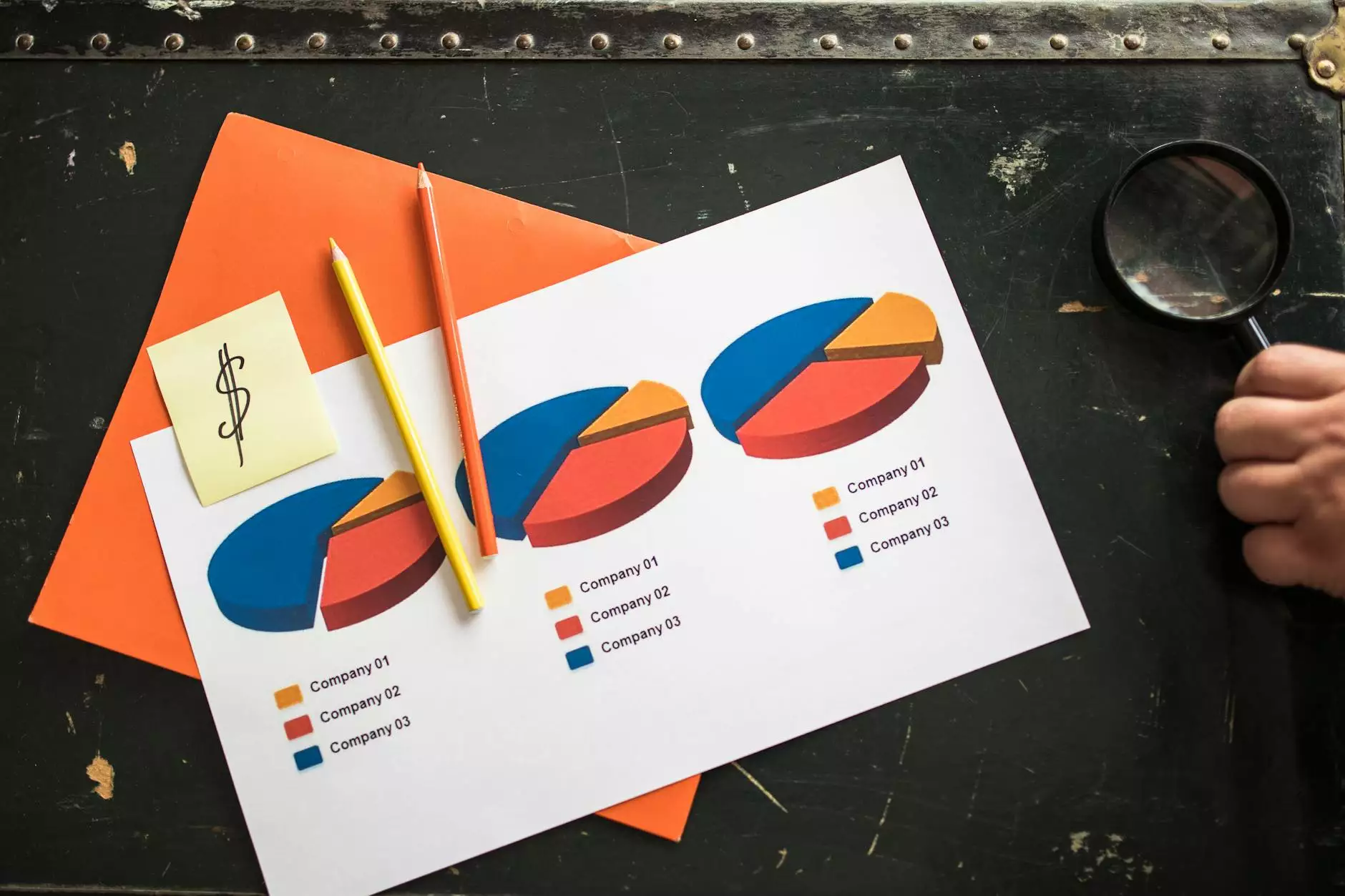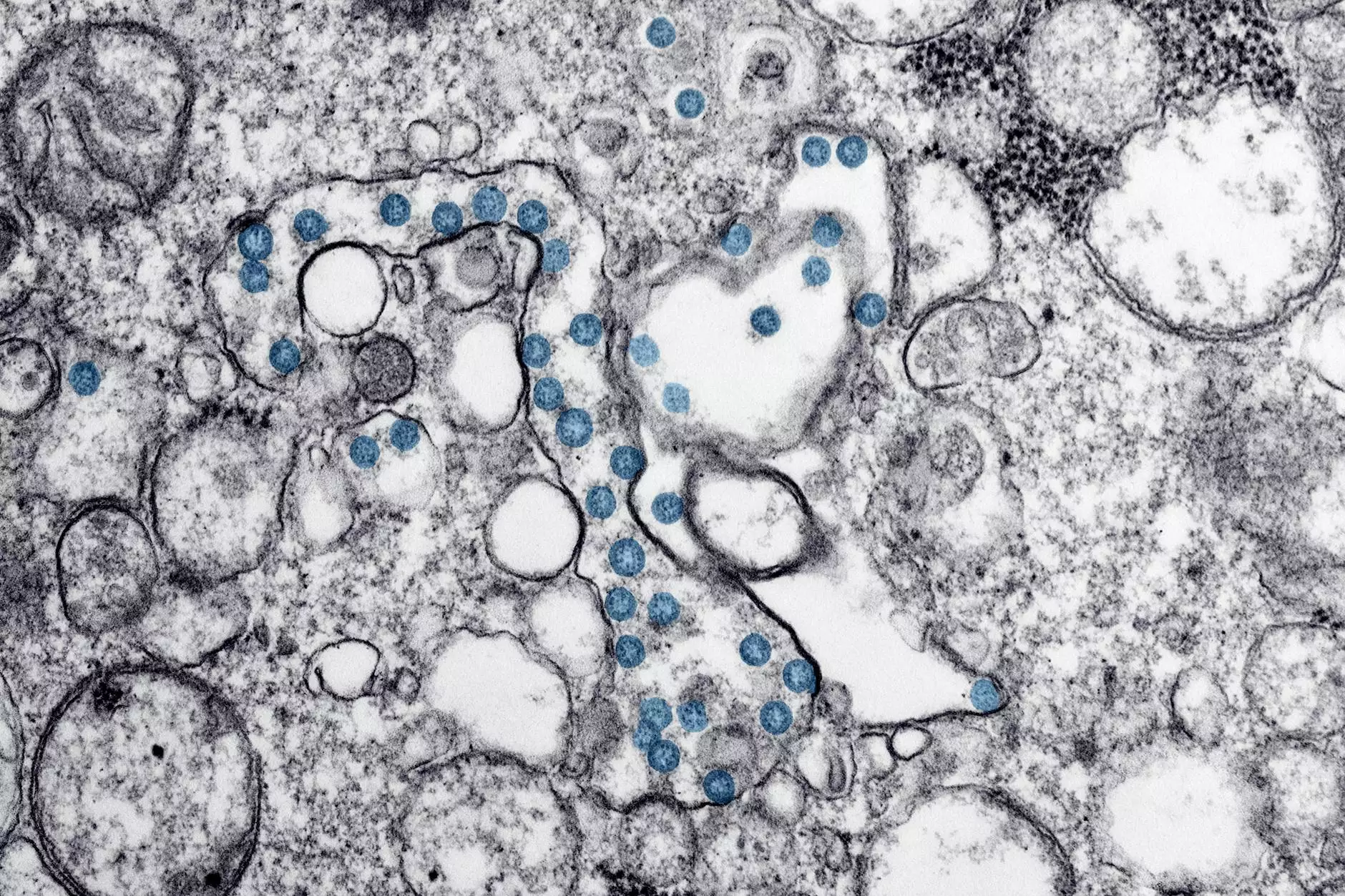Physics Lab Report Professional Tips and Hints

Introduction
Welcome to The Knowledge Nest, a hub of valuable resources and insights for students, educators, and enthusiasts in the field of physics. In this section, we will provide you with professional tips and hints to enhance your physics lab report writing skills, enabling you to achieve accurate results, comprehensive analysis, and academic success.
Understanding the Purpose of a Physics Lab Report
Before diving into the intricacies of writing a physics lab report, it is crucial to understand its purpose. A lab report serves as a record of your scientific experiment, allowing you to communicate your methodology, observations, and conclusions effectively. It is an essential component of physics education, promoting critical thinking, analysis, and communication skills.
Tips for Writing an Effective Physics Lab Report
Writing a high-quality physics lab report requires attention to detail, clear organization, and effective communication. Here are some professional tips and hints to help you craft an outstanding report:
1. Pre-Laboratory Preparation
Prior to conducting the experiment, thoroughly familiarize yourself with the theoretical background and relevant concepts. This will enable you to design a well-structured procedure and anticipate potential sources of error. Additionally, make sure to gather all necessary materials and equipment before the lab session to ensure a smooth workflow.
2. Clear and Concise Introduction
Your lab report should begin with a clear and concise introduction that provides essential background information and states the objective of the experiment. Engage your readers by highlighting the significance of the research question and its relevance to the broader scientific context.
3. Methodology and Experimental Setup
Describe your experimental setup in detail, including the apparatus, measurements, and procedures. Be sure to explain any modifications or adjustments made during the experiment. Use clear and precise language to enable others to replicate your experiment accurately.
4. Accurate Data Collection and Analysis
Ensure accurate data collection by following proper measurement techniques and recording observations meticulously. Organize your data in tables, graphs, or figures for easy interpretation. Employ appropriate statistical analysis methods to derive meaningful conclusions from your data, supporting your findings with numerical evidence.
5. Results and Discussion
Present your results in a logical and comprehensive manner, providing both numerical values and qualitative observations. Interpret your data, drawing connections to relevant theoretical principles and scientific concepts. Discuss any discrepancies or sources of error that might have influenced your results, demonstrating critical thinking and analytical skills.
6. Conclusion and Further Implications
In your conclusion, summarize the key findings of your experiment and emphasize their significance. Discuss the broader implications of your results, such as their relevance to existing scientific theories or potential future research avenues. Lastly, reflect on the limitations of your experiment and propose suggestions for improvement.
7. Proper Citation and References
Cite any external sources of information, such as research papers, textbooks, or online references, that you utilized during the preparation of your lab report. Adhere to the appropriate citation format specified by your academic institution to maintain academic integrity and avoid plagiarism.
Enhancing Your Physics Lab Report Writing Skills
Writing an exceptional physics lab report requires practice, refinement, and continuous learning. Consider the following strategies to further enhance your writing skills:
1. Seek Guidance from Experienced Professionals
Consult your physics instructors or other knowledgeable individuals to gain valuable insights and feedback on your lab reports. Their expertise and experience can tremendously enhance your understanding and improve your overall writing proficiency.
2. Engage in Peer Collaborations and Discussions
Participate in group discussions and collaborations with your peers. Sharing ideas, exchanging feedback, and discussing different approaches can broaden your perspective and enhance your analytical thinking abilities.
3. Utilize Online Resources
Take advantage of the vast array of online resources, including educational websites, video tutorials, forums, and study materials, to deepen your understanding of physics concepts and refine your lab report writing skills.
4. Practice, Practice, Practice
Writing is a skill that improves with practice. Regularly engage in writing physics lab reports, even if they are not assigned, to hone your ability to communicate scientific ideas effectively and precisely.
Conclusion
Writing an outstanding physics lab report requires a combination of meticulousness, critical thinking, and effective communication. By following the professional tips and hints provided in this comprehensive guide, you can elevate your lab report writing skills and achieve academic success. Remember, an exceptional lab report not only demonstrates your understanding of physics principles but also serves as a testament to your ability to conduct and communicate scientific experiments.
Ready to take your physics lab report writing to the next level? Explore the wealth of resources available at The Knowledge Nest, an online platform dedicated to fostering excellence and promoting knowledge in the field of physics and beyond. Join our community of learners, educators, and enthusiasts and embark on a journey of intellectual growth and discovery today!









